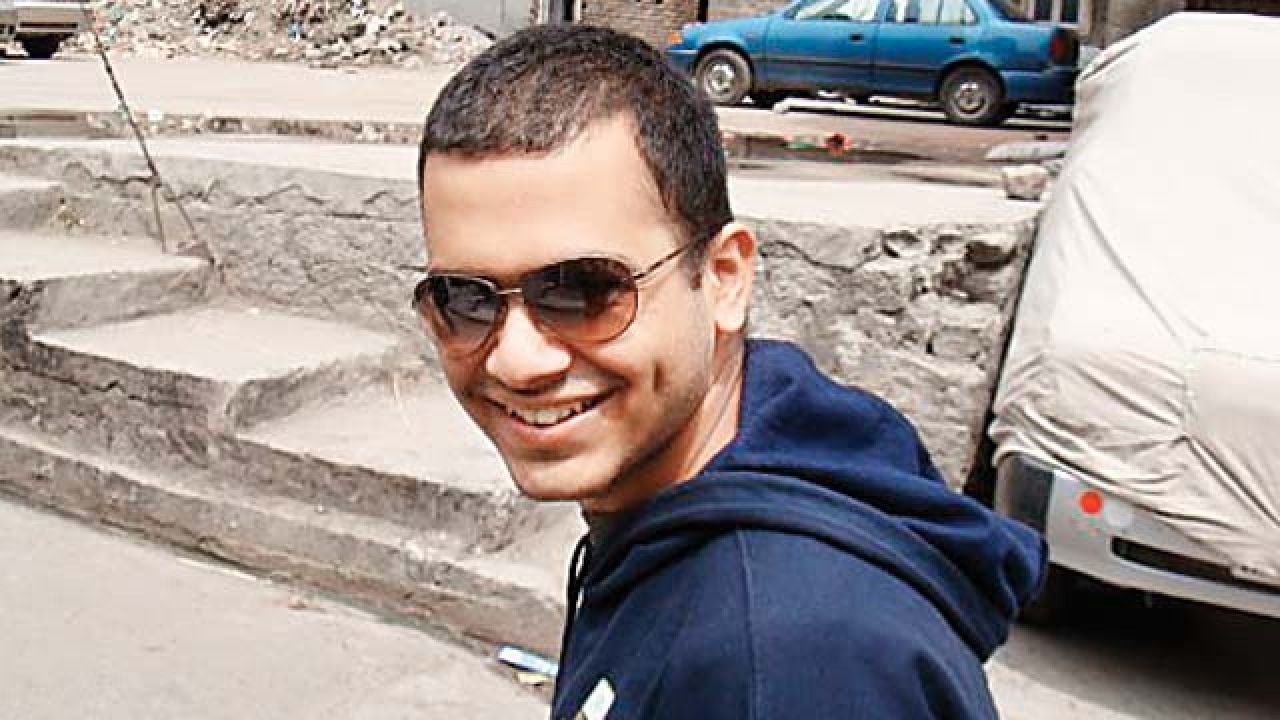
I am a second year PhD student of a four-year course in City and Regional Planning, School of Design, at the University of Pennsylvania (UPenn). I had applied to several colleges including Massachusetts Institute of Technology (MIT), University of California Berkeley (UC Berkeley),
Columbia University, and Washington University. I got through the University of Pennsylvania in my second attempt in applying to schools in the US. The good faculty, international focus, and the great resources available to students are what made me choose UPenn; I have a four year fellowship.
I applied in 2012 (for 2013 academic session), but didn’t get through, and then tried again in 2014 (for 2015 academic session). It’s a fairly long process, starting with GRE and TOEFL exams, followed by getting together all the administrative documents required for every application, which includes multiple recommendations, transcripts, bank statements and a whole lot more. The personal statement and statement of purpose also require a fair amount of work. While some schools only need a statement of purpose, others require a personal statement as well as a statement of purpose. Since I was applying for the second time, it was easier, because I had most of my documents ready. However, each university has its own requirements and application procedures, and I had to follow them for each of the universities I was applying to (in 2014, I applied to around five schools).
Start early! Cumulative efforts towards the application process leave you feeling considerably less stressed than rushing it in the last 1-2 months. Collect your documents and other requirements in advance from your Indian college/university. Give your professors a comfortable time period to send in their recommendation. This can be pretty stressful, as professors have their own schedule, and there is only so much you can demand from them. It’s best to let them know in advance how many recommendations you need, the expectations you have of them, and your deadline for submissions. Spend some time checking the university website and faculty lists to find what matches with your interests. Application portals also provide samples for the personal statement and statements of purpose; go through them, write your own, then revise, and revise again.
When applying for a PhD, consider writing to a professor/faculty member whose interests seem to match with yours to seek their suggestions on your fit at the school. In my experience, most of them reply, either positively or not so positively about prospects at a particular school. Either way, it does provide clarity over application decisions.
The greatest benefit would be the access to the vast range of literature available at the school, as well as the environment, which allows for collaboration between various fields that interest the student.
Sirus Libeiro
Second year Ph.D student, University of Pennsylvania
(If you are an alumnus of, or a current student at an Ivy League, and would like to share your story, write to avril.braganza@dnaindia.net, rama.ramanan@dnaindia.net.)